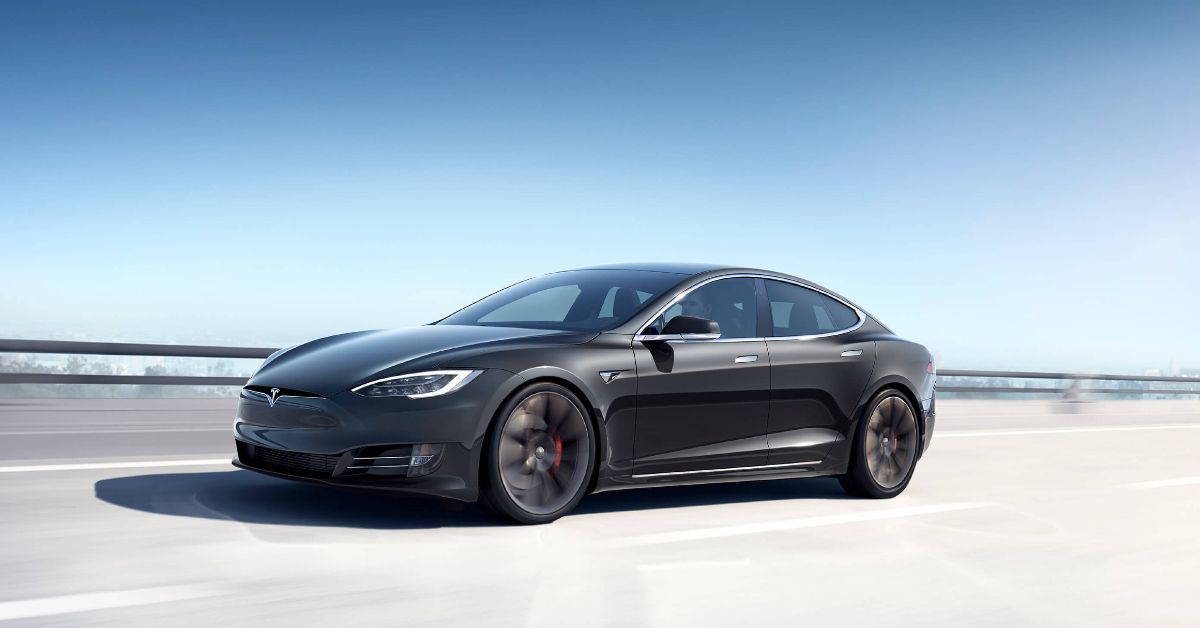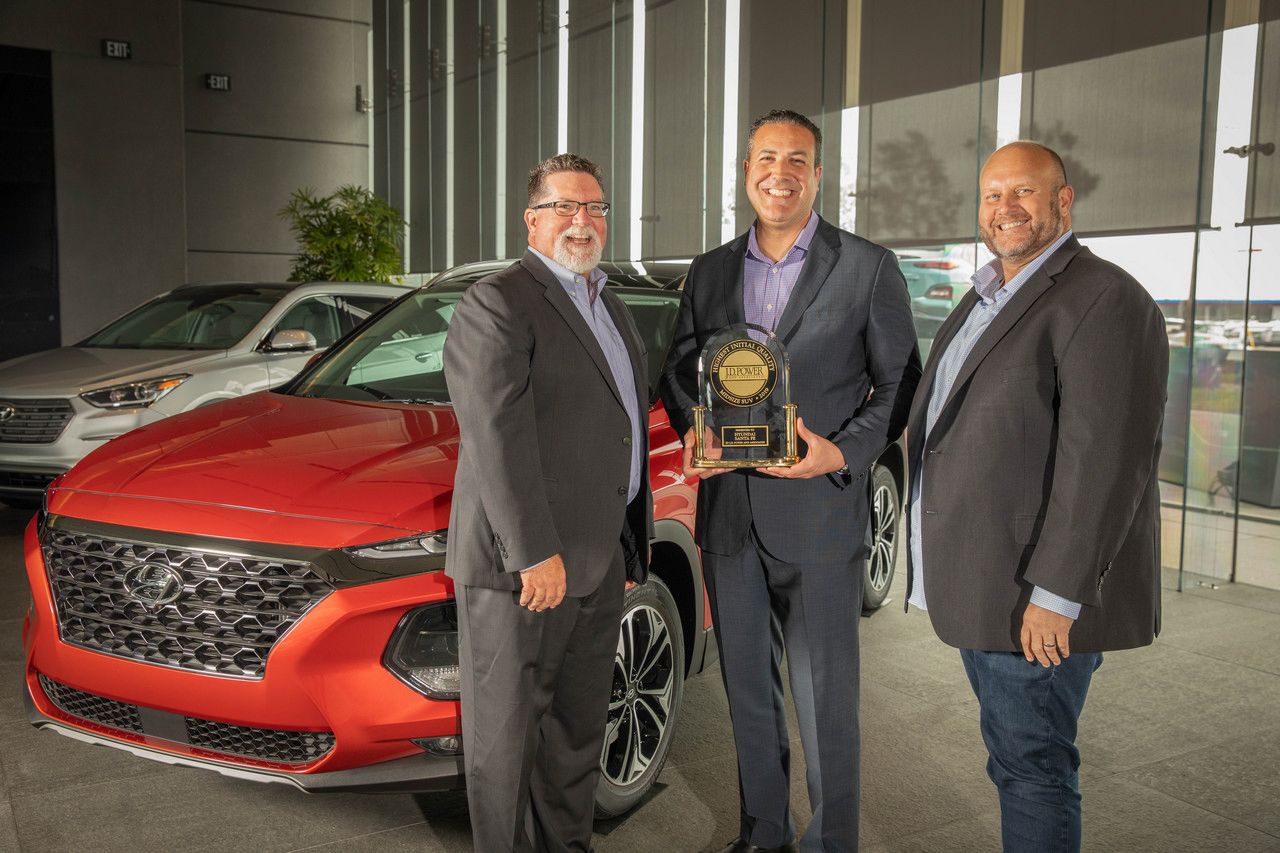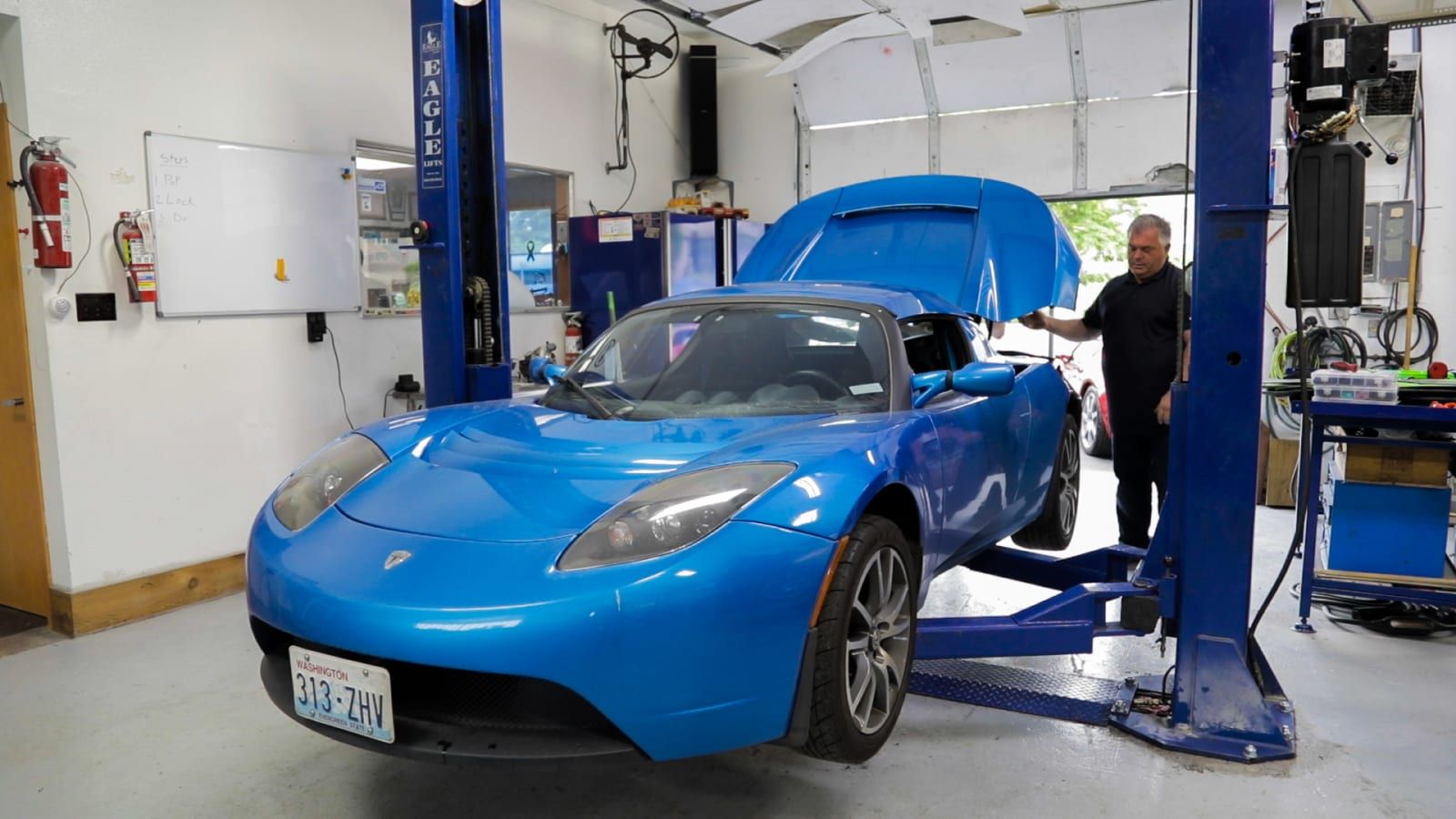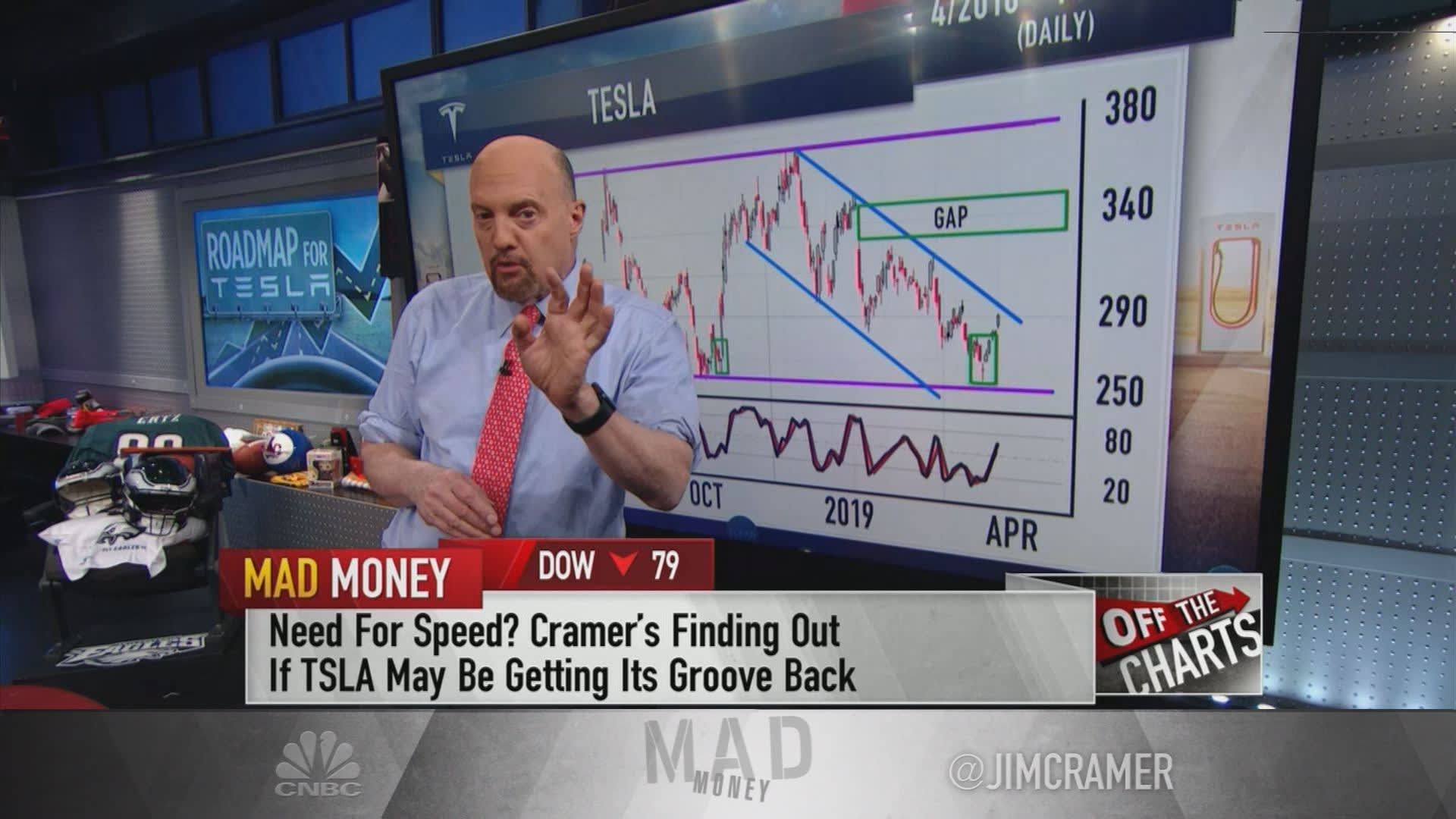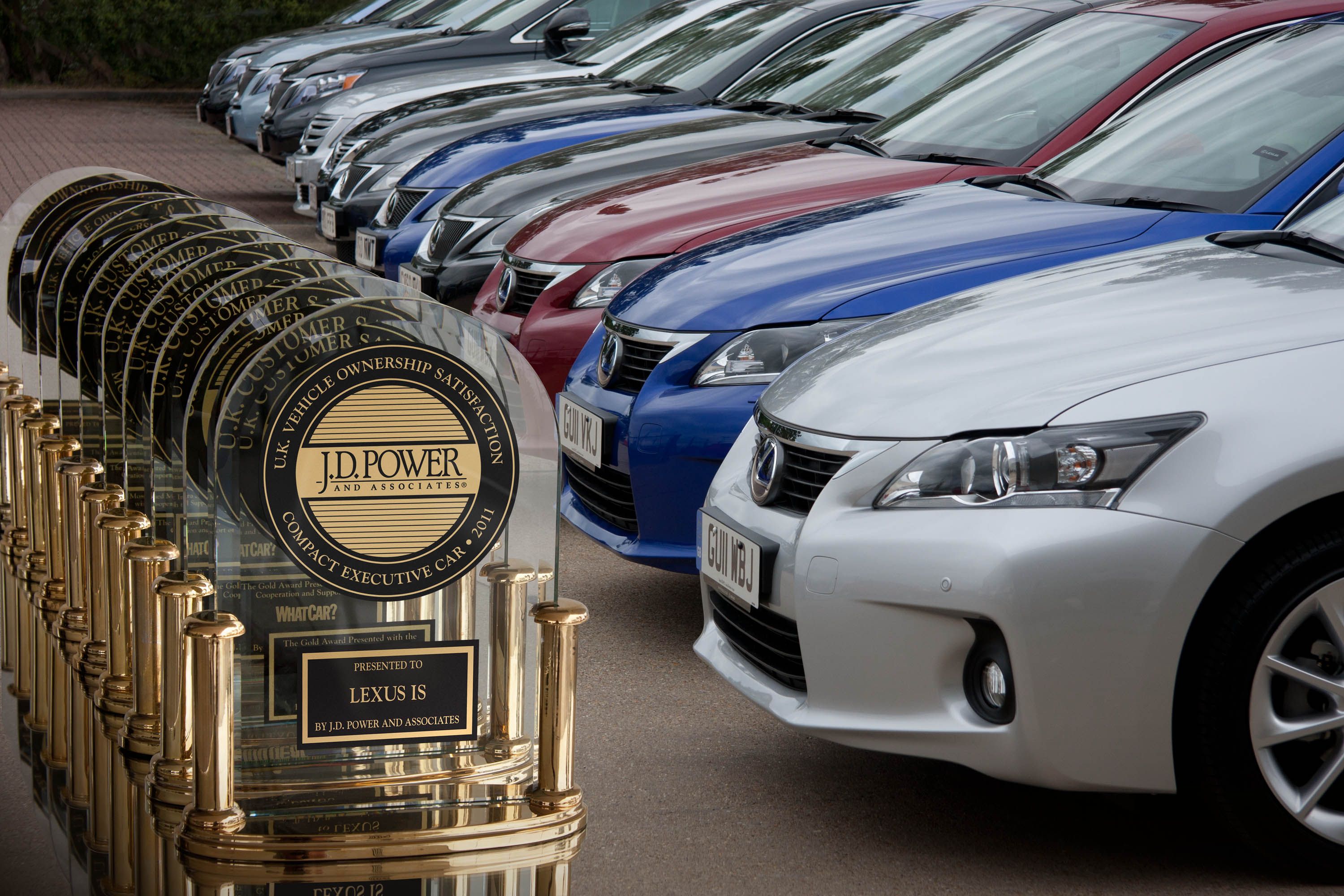Buyers of new or used cars use several criteria when choosing a vehicle, and reliability is one of the most important. Although modern vehicles are much more dependable than those build in the 1960s and ‘70s, researching reliability before choosing a car can save money and headaches in the long run.
Several companies publish their dependability studies, and J.D. Power and Associates is one of the best known.
The company was founded by Wharton graduate James David Power III, after a stint at the Ford tractor division and some time at the research division of one of the biggest advertising agencies in the world, McCann-Erickson.
When he started his California company in 1968, the auto industry’s auto reliability research was minimal. Power claimed his experience working with auto manufacturers gave him more automotive market research knowledge than “anyone west of the Mississippi.”
He started finding car owners using vehicle registration information and sent out detailed questionnaires designed to flush out the real experience of owning the car.
J.D. Power has grown to include customer survey research for several other industries, including Financial Services, Healthcare, Insurance, Technology, Media and Telecom, Travel, and Utilities.
James David Power sold the company to McGraw-Hill in 2005 for nearly $400 million.
How JD Power Ranks Auto Reliability
J.D. Power claims their ratings are entirely independent and unbiased. The awards and reviews are based on detailed survey questionnaires sent to hundreds of thousands of verified car owners. The questions focus on owner experiences during the first three months of car ownership and over the first three-year period of car ownership.
The questionnaire addresses vehicle attributes such as driving experience, resale value, the car dealership experience (purchase and service), quality, and reliability. Owner feedback is organized into categories determined by car size (large, midsize, small, and compact), and price (luxury and standard).
J.D. Power ranks the vehicles using a 100-point score for each model year, weighted by attribute with driving experience (30%), resale value (10%), dealership experience (30%), and quality and reliability (30%).
How Consumer Reports Ranks Auto Reliability
Consumer Reports sends out an annual reliability Auto Questionnaire only to their members. Over 420,000 vehicle owners responded to their latest survey covering the years 2000 to 2019 and some 2020 vehicles.
The Consumer Reports survey asks owners about serious vehicle problems in the past 12 months, ranging from the engine and transmission to the electrical system, brakes, climate system, and power accessories.
Like J.D. Power, Consumer Reports awards a vehicle predicted reliability score based on a 100-point scale.
Investment Guru Jim Cramer Does Not Agree with J.D. Power
In its first analysis of the electric vehicle company, the 2020 J.D. Power quality survey results ranked Tesla dead last out of 32 brands. The research revealed a significant number of defects related to build-quality, with an average of 250 problems per 100 vehicles.
Jim Cramer declared the J.D. Power quality survey “nonsense.”
He cited brand loyalty acquired over a 12-year history of producing electric cars and claimed he’s never heard a negative comment about the Tesla ownership experience.
“I don’t know a soul who owns a Tesla who actually doesn’t think that it isn’t the greatest thing to ever happen.”
Automobile Ads Cast Doubt on Survey Results
Although the survey procedures used by J.D. Power & Associates may be valid for collecting accurate data, the results lose credibility when the company sells the findings to automakers.
J.D. Power charges hundreds of thousands of dollars to auto manufacturers just for access to their survey results. They charge another huge fee for the right to mention their awards in advertisements.
What’s more, a J.D. Power consulting entity offers an expensive service designed to aid carmakers make improvements to their models that should result in higher ratings.
An executive at the company claims that the survey and consulting aspects of the business are separate entities, and the results are not influenced by automaker payments.
However, it isn’t easy to believe J.D. Power can maintain impartiality toward an auto manufacturer that pays them to rate their vehicles.
Perhaps Tesla did not pay J.D. Power enough.
Sources: jalopnik.com, wheels.blogs.nytimes.com, teslarati.com, consumerreports.org, wsj.com

